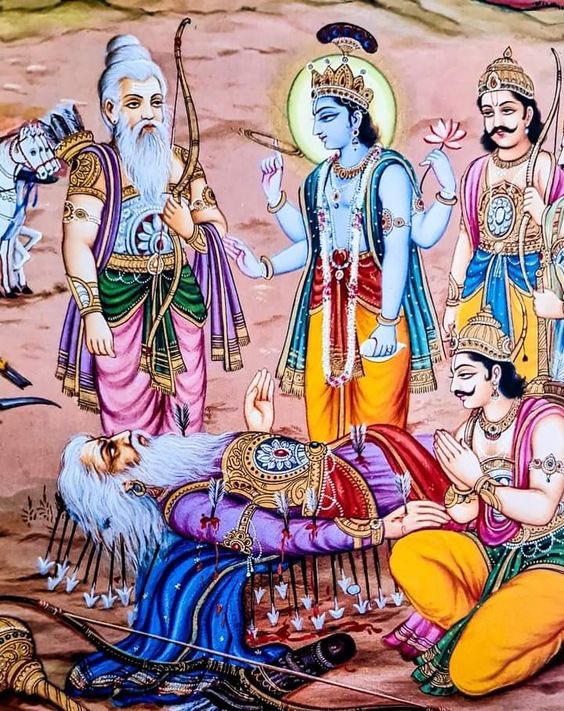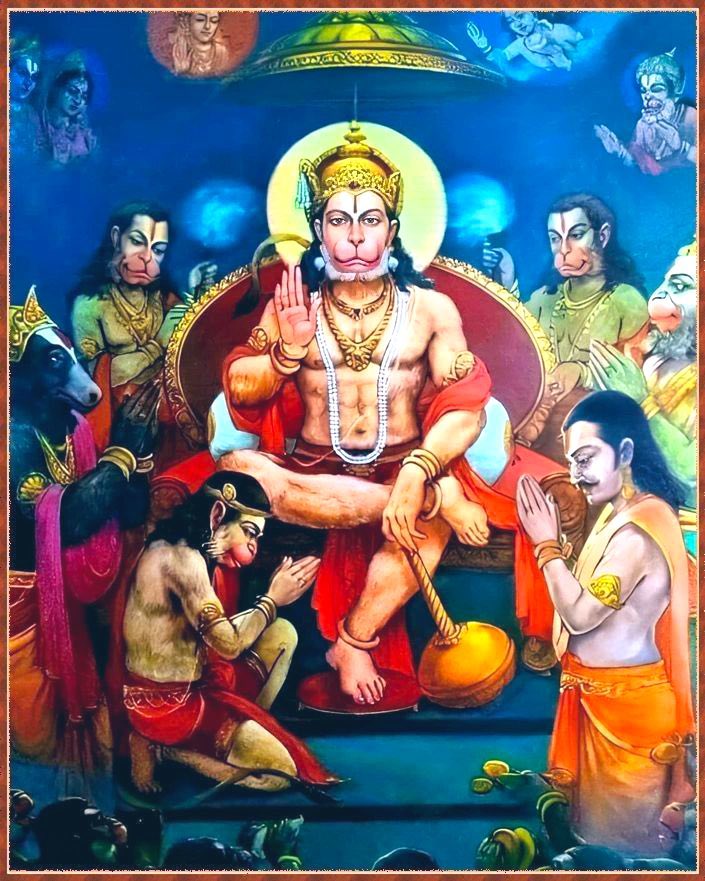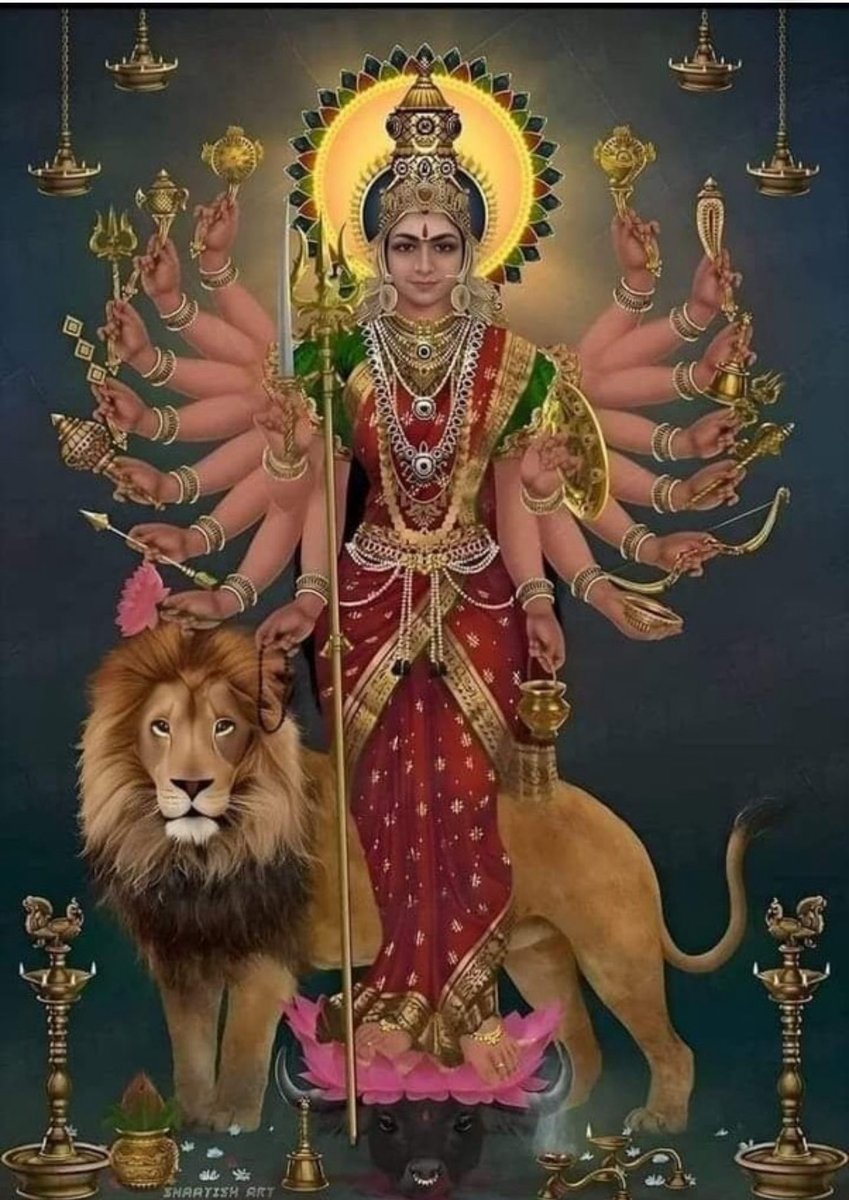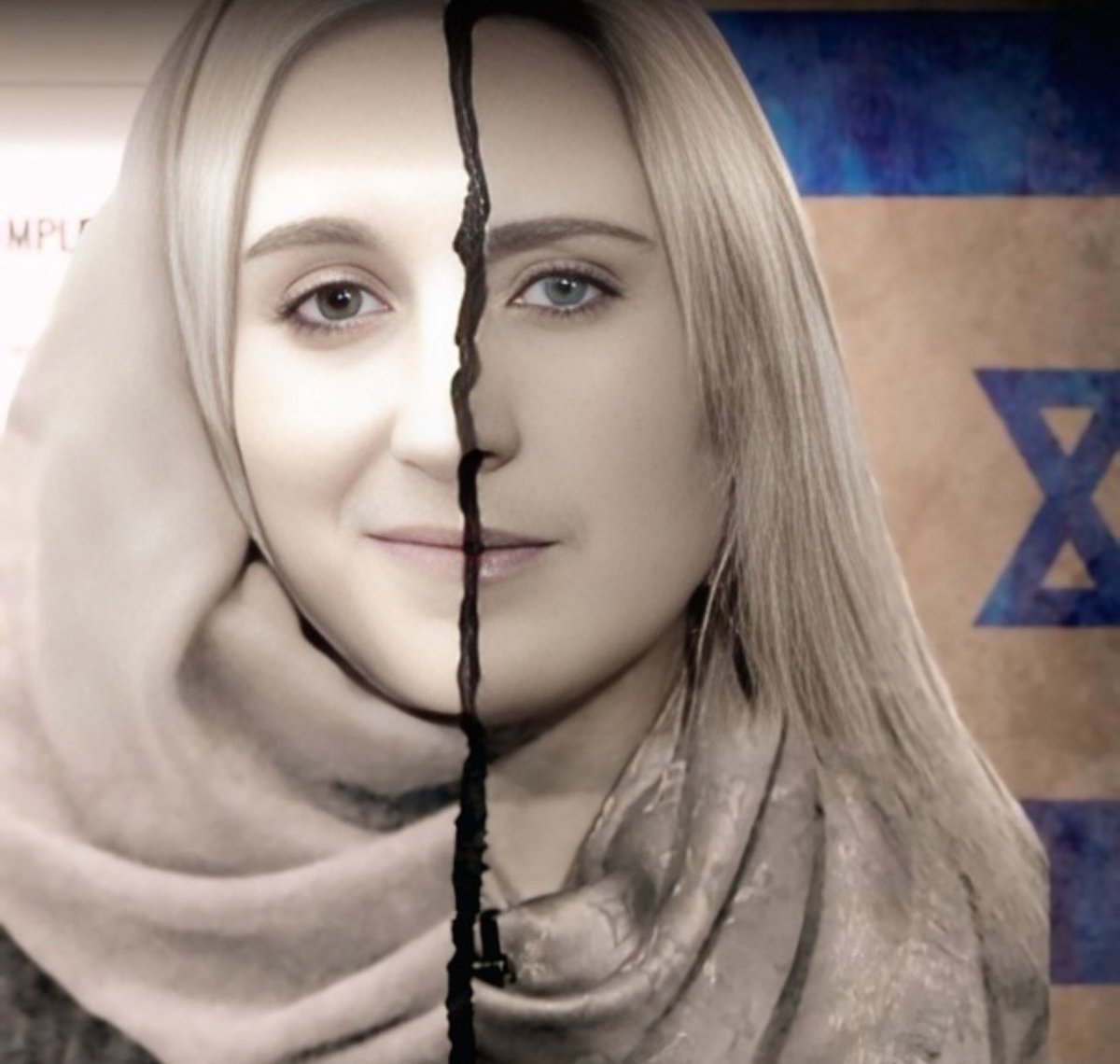When Lord Shiva Tested Shri Ram’s Dharma – A Divine Leela of Shraddha and Humility
Once, in Ayodhya, Lord Shri Ram organized a Shraddha ceremony to honor His ancestors and arranged a grand meal for Brahmins. Hearing about this divine event, groups of Brahmins from far and wide began arriving.
Once, in Ayodhya, Lord Shri Ram organized a Shraddha ceremony to honor His ancestors and arranged a grand meal for Brahmins. Hearing about this divine event, groups of Brahmins from far and wide began arriving.
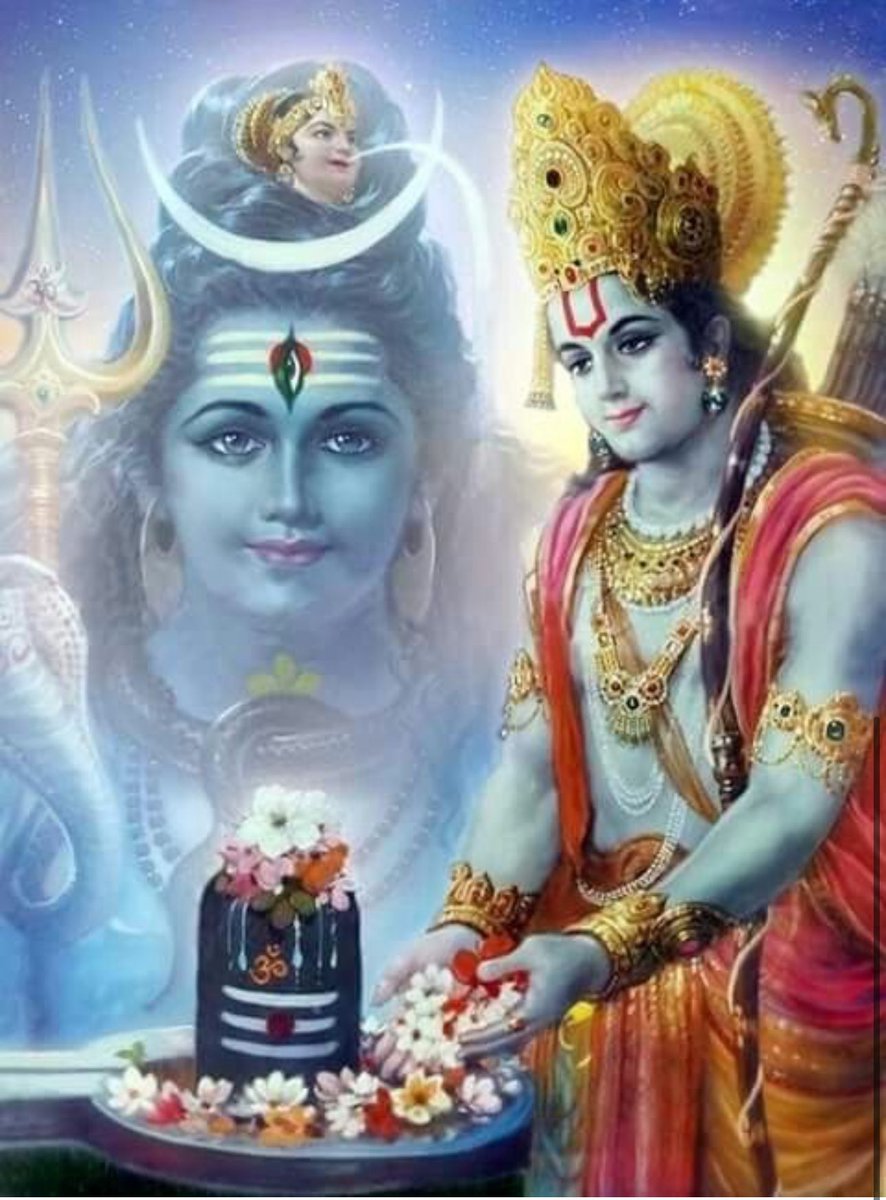
Lord Shiva, curious about this divine arrangement, took the form of an aged Brahmin and joined the gathering. Upon reaching the site, he said to Shri Ram,
“I, too, wish to partake in this sacred meal.”
“I, too, wish to partake in this sacred meal.”
Being omniscient, Lord Ram instantly recognized the disguised Lord Shiva. Understanding that Shiva had come to test him, Shri Ram respectfully welcomed the old Brahmin. As the Brahmins sat for the feast, Shri Ram personally washed Shiva’s feet with his own divine hands and offered him a seat.
As food was served, every item placed before Shiva would vanish in a single bite. No matter how much was served, his plate remained empty. The servers kept filling his plate, but to no avail—he consumed it all instantly.
Watching this divine act with a smile, Shri Ram remained calm. However, concern spread throughout the palace. Word reached Mata Sita that an elderly Brahmin was present whose plate remained ever-empty despite constant servings.
It became a matter of royal honor that all invited Brahmins must be properly fed. Even Mata Sita began to worry.
When all the food prepared for the ceremony was exhausted and yet Shiva remained unsatisfied, Shri Ram invoked Mata Annapurna, the goddess of nourishment, requesting her divine intervention. The human servers were sent away, and Mata Annapurna herself appeared.
When all the food prepared for the ceremony was exhausted and yet Shiva remained unsatisfied, Shri Ram invoked Mata Annapurna, the goddess of nourishment, requesting her divine intervention. The human servers were sent away, and Mata Annapurna herself appeared.
Only she could truly satisfy the hunger of her divine consort, Lord Shiva.
Shri Ram humbly said,
“Only you can feed your Lord. No one else can satisfy his hunger.”
Shri Ram humbly said,
“Only you can feed your Lord. No one else can satisfy his hunger.”
As soon as Mata Annapurna took up the serving bowl, it became inexhaustible. She served one laddu on Lord Shiva’s plate, and though he kept eating, it never diminished. When she offered to serve more, Lord Shiva finally stopped her and said, smiling,
“Now that you’ve come, I am satisfied.”
“Now that you’ve come, I am satisfied.”
A saying arose in Kashi from this divine play:
“Baba-baba sab kahe, maai kahe na koye,
Baba ke darbar mein, maai kahen so hoye.”
(Everyone calls upon the Lord, but forgets the Mother. But it is only when the Mother speaks, even in the Lord’s court, that things truly happen.)
“Baba-baba sab kahe, maai kahe na koye,
Baba ke darbar mein, maai kahen so hoye.”
(Everyone calls upon the Lord, but forgets the Mother. But it is only when the Mother speaks, even in the Lord’s court, that things truly happen.)
But Lord Shiva wasn’t done testing.
He now turned to Ram and said,
“I’ve eaten so much, I can’t get up. Help me stand.”
Hanuman rushed to serve, but even he couldn’t lift Shiva. Then Shri Ram asked Lakshman to help. Lakshman, an incarnation of Adishesha, the infinite serpent, easily lifted Lord Shiva and placed him on a bed.
He now turned to Ram and said,
“I’ve eaten so much, I can’t get up. Help me stand.”
Hanuman rushed to serve, but even he couldn’t lift Shiva. Then Shri Ram asked Lakshman to help. Lakshman, an incarnation of Adishesha, the infinite serpent, easily lifted Lord Shiva and placed him on a bed.
Then Shiva said,
“Wash my hands and mouth.”
Mata Sita offered water, but as soon as Shiva took it, he mischievously spat the water on her.
Instead of being angered, Sita folded her hands and humbly said,
“Your holy water has purified me. I am deeply grateful.”
“Wash my hands and mouth.”
Mata Sita offered water, but as soon as Shiva took it, he mischievously spat the water on her.
Instead of being angered, Sita folded her hands and humbly said,
“Your holy water has purified me. I am deeply grateful.”
Shiva then said,
“Now massage my legs.”
Both Shri Ram and Lakshman began massaging his feet, while Mata Sita fanned him.
Pleased, Lord Shiva finally said,
“I was testing your adherence to Dharma and decorum. You have passed. Ask any boon from me.”
Shri Ram replied with a smile,
“Though your possessions—poison, serpents, animal skins, and ghostly companions—aren’t of use to me, I ask only for devotion at your feet and your presence in my court to narrate divine stories.”
“Now massage my legs.”
Both Shri Ram and Lakshman began massaging his feet, while Mata Sita fanned him.
Pleased, Lord Shiva finally said,
“I was testing your adherence to Dharma and decorum. You have passed. Ask any boon from me.”
Shri Ram replied with a smile,
“Though your possessions—poison, serpents, animal skins, and ghostly companions—aren’t of use to me, I ask only for devotion at your feet and your presence in my court to narrate divine stories.”
From that day on, Lord Shiva became the storyteller in Ram’s court, narrating tales from ancient kalpas (cosmic cycles), enriching the court with eternal wisdom.
• • •
Missing some Tweet in this thread? You can try to
force a refresh


